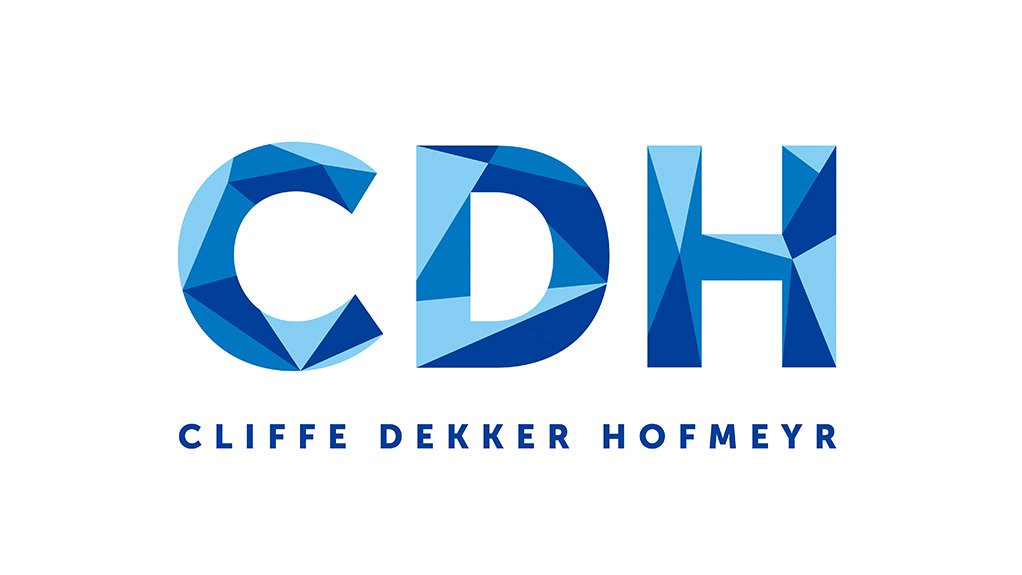The recent judgment of the Supreme Court of Appeal in Cochrane Steel Products (Pty) Ltd v M-Systems Group (Pty) Ltd and another 2016 (6) SA 1 (SCA) deals with a competitor’s use of a rival trader’s common law trademark as a keyword in Google AdWords advertising. The question was whether such conduct amounted to passing off or unlawful competition.
The parties, who operated in the security-fencing industry, were rival traders.
During October 2013 Cochrane Steel Products (Pty) Ltd (Cochrane) sought to interdict and restrain M-Systems Group (Pty) Ltd (M-Systems) from using “the mark CLEARVU (or any mark confusingly similar thereto…) in relation to Google AdWords advertising”.
The Gauteng Local Division of the High Court, Johannesburg, dismissed the application. Cochrane appealed to the Supreme Court of Appeal.
During 2008, so asserted Cochrane, it invented security fencing “comprising high density, high tensile mesh” and conceived and adopted the brand name CLEARVU for the product.
Cochrane relied on a common-law trademark.
The dispute arose from the fact that, when internet users performed Google searches entering the word ‘CLEARVU’ (or minor variants of it), M-Systems’ advertisements appeared in the search results.
Google operates an internet search engine and provides a number of other services on the internet. Google’s primary source of revenue is advertising. The principal way in which it provides advertising is by means of a service called Google AdWords, in terms of which Google offers advertisers the facility to match a keyword to a user’s search query so as to trigger an advertisement in various ways. This capability allows advertisers to display their advertisements in the Google content network, through either a cost-per-click or cost-per-view scheme.
Cochrane’s contention was that M-Systems’ conduct was a form of unlawful competition; alternatively that on the facts a passing off occurred.
The court found it to be convenient to first consider the alternative cause of action based upon passing off.
Passing off is a species of wrongful competition in trade or business. The wrong known as passing off consists of a representation by one person that his business (or merchandise, as the case may be) is that of another, or that it is associated with that of another. In order to determine whether a representation amounts to a passing off, one enquires whether there is a reasonable likelihood that members of the public may be confused into believing that the business of the one is, or is connected with, that of another.
The court accepted in Cochrane’s favour that it succeeded in establishing a reputation in the name CLEARVU.
The question was whether it had established the second leg of its cause of action, namely that M-Systems’ conduct caused, or was calculated to cause, the public to be confused or deceived.
The critical question was whether the advertisement, which appears in response to a search using the keyword, gives rise to the likelihood of confusion.
Having searched for CLEARVU in one form or another, the consumer is confronted with advertisements for a multiplicity of suppliers. The court held that no reasonable consumer will consider, even momentarily, having searched for CLEARVU (or some derivative of it), that every result obtained relates to Cochrane’s products or services. The advertisements are clearly marked as such and appear in different areas of the screen. What is more is that advertisements are clearly distinguished from the natural (or organic) search results. The average consumer would immediately notice that these are advertisements, rather than the natural results of their search. Thus, if the advertisement contains no reference to Cochrane, the consumer ought reasonably to conclude that the result is not related to Cochrane or its products or services. But, even if the consumer went one step further and clicked on M-Systems’ website, its branding would have left the consumer in no reasonable doubt as to the identity of the trader whose services were on offer.
The court concluded that Cochrane had not proved a passing off.
The court then considered Cochrane’s primary contention, which was based on the general principles of unlawful competition.
The court held that our common law recognises every person’s liberty to carry on his trade without wrongful interference by others, including competitors’. As a general rule, every person is entitled to freely carry on his trade or business in competition with his rivals. But the competition must remain within lawful bounds.
The test for the unlawfulness of a competitive action is essentially public policy and the legal convictions of the community.
After analysing the matter the court held that, in the context of Google AdWords advertising, there was no likelihood of confusion or deception which arose in circumstances where an advertiser uses another trader’s trade name only as a keyword.
The Supreme Court of Appeal therefore held that M-Systems’ conduct did not amount to unlawful competition.
The court accordingly dismissed Cochrane’s appeal.
Written By Marius Potgieter, Cliffe Dekker Hofmeyr
EMAIL THIS ARTICLE SAVE THIS ARTICLE
To subscribe email subscriptions@creamermedia.co.za or click here
To advertise email advertising@creamermedia.co.za or click here











